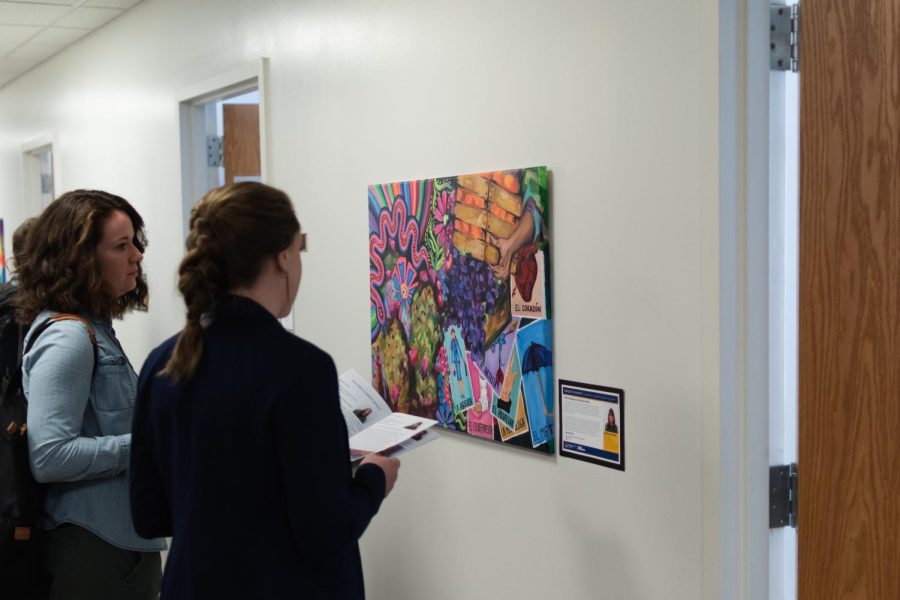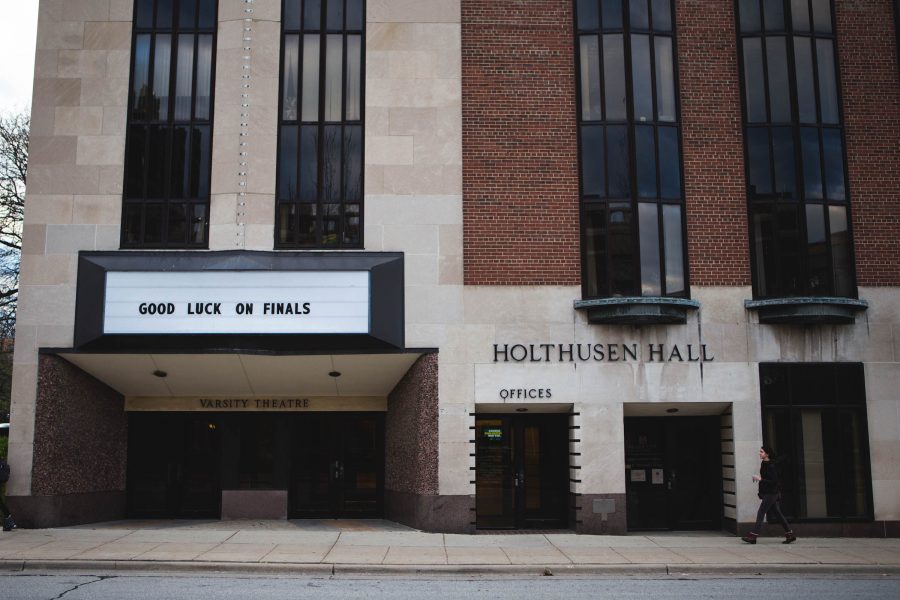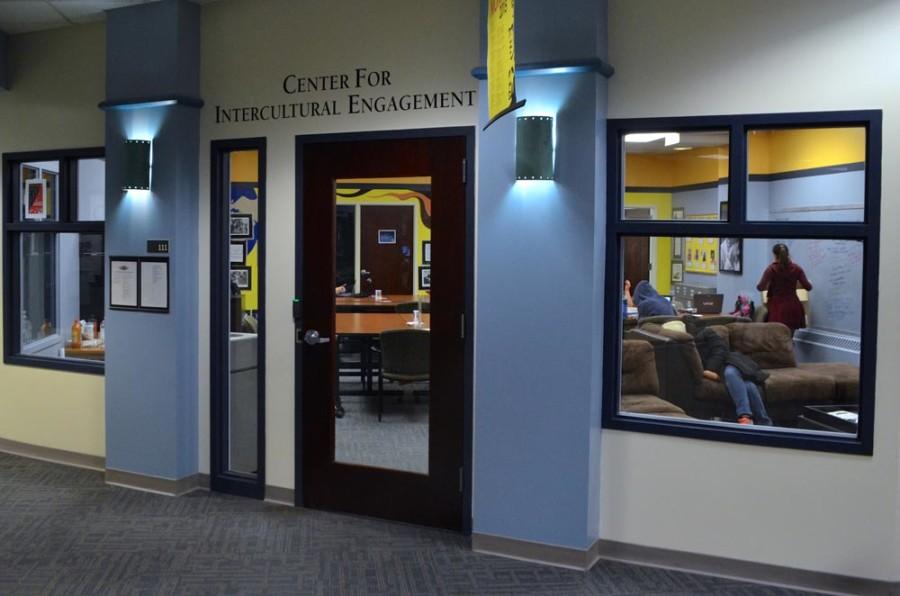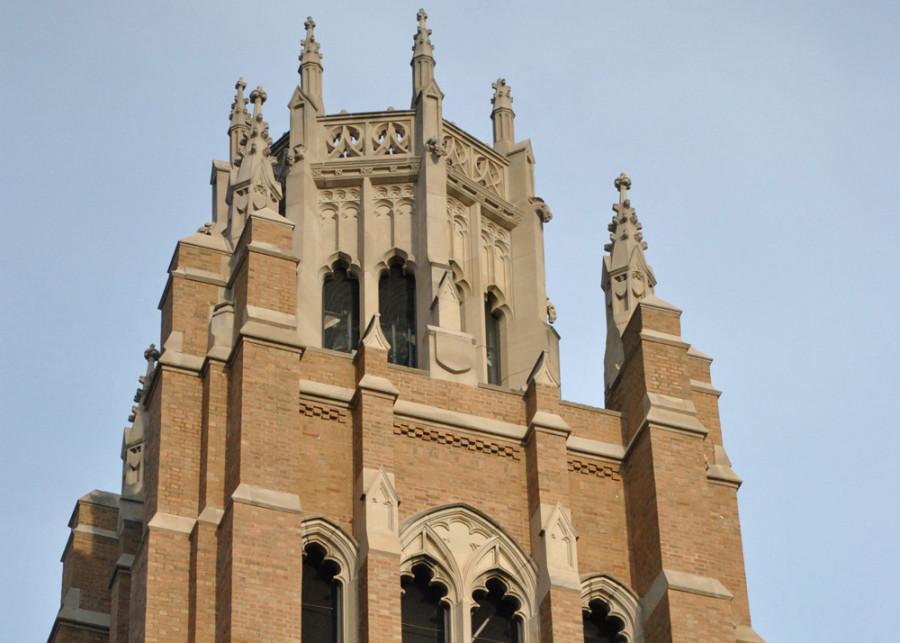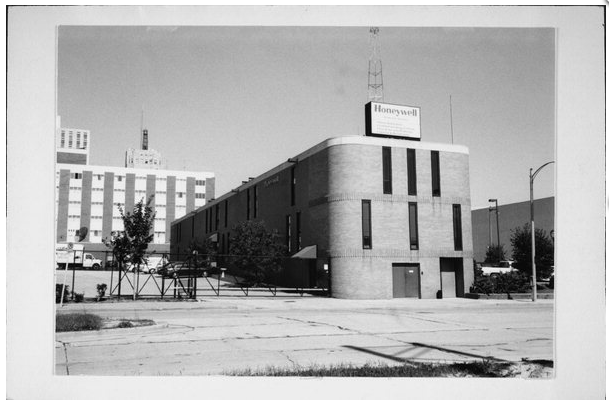
It’s that time of year again. Students are preparing for final exams, soaking in some springtime sunshine — and preparing for a new set of summer tasks.
In an ideal world, those tasks would include getting paid for the experiences they get in their fields of study. In reality, many students are left to make a difficult decision between gaining experience without pay or getting paid for doing a job unrelated to their future careers.
Internships and full-time jobs are becoming increasingly difficult to come by, in part because of the still-struggling economy, said Kristin Finn, employer relations manager in Marquette’s Career Services Center.
“Many companies will always have a need for entry-level hiring, but the competition is tough,” she said.
Protecting unpaid interns
Despite the struggles some students are running into finding sufficient internship opportunities, Finn said there are still jobs and internships to be had, and that staying positive and dedicated to the job search will help students find available positions.
The CSC, located in Holthusen Hall on Wisconsin Avenue, offers individual counseling sessions for students to assist in all phases of the job search, including career direction, writing resumes and cover letters, preparing for interviews and helping students apply to graduate school, Finn said.
“You have to have perfect job search materials, make sure you practice interviewing and do your research on the company and why you are a good fit for the position” to help yourself stand out among the competition, she said.
Some internships are unpaid because of corporate financial constraints, and those who take these positions need to be aware that certain unpaid activities might be against federal minimum-wage laws, according to the U.S. Department of Labor.
Illegal unpaid internships have become such a problem that the DOL created six criteria in April that outline what companies can legally ask of their unpaid interns.
These criteria require the intern: receives training similar to what he or she would receive in an educational environment; benefits from the experience; does not displace a regular employee; provides no immediate benefit to the employer; knows he or she is not entitled to a job with the same company after the internship is over; and understands he or she is working without wages.
Marquette employees whose job includes helping students find internships have not run into any trouble with unpaid or illegal internships.
Sheena Carey, internship coordinator in the College of Communication, said the interns she places — both paid and unpaid — fill out journals so she can make sure her students are being treated appropriately and aren’t taken advantage of by employers.
Carey said there have always been non-profit organizations with unpaid internships, but companies that have traditionally paid interns have worked hard to retain those paid positions.
Compensation for the sciences
Finding real-world experience in science-related fields is different from how liberal arts students traditionally attain internships. Instead of applying for a position with a company, students usually pitch research proposals to professors.
Students then apply for grants from the university or various foundations, which can reach up to $3,500, said Chris Stockdale, an assistant professor of physics.
Doing research gives a leg up to those students who have an eye toward graduate school, he said.
Stockdale said the economy has impacted the sciences because the government gets tighter with the grants students use for research.
“If a student wants to do (research), the opportunities are there,” Stockdale said. “You just have to go out and beat the bushes … you have to be aggressive about it.”
Theresa Bustamante, a sophomore in the College of Engineering, will be doing research at Drexel University in Philadelphia this summer. Bustamante said in an e-mail that she’s considering a research career, and the summer program may help get her into graduate school.
Bustamante’s program includes free housing and a $5,000 stipend. The program is funded by the National Science Foundation, an independent federal agency that promotes the progress of science.
Stockdale said some scientific research projects are not paid for, but that’s usually because the research proposals came in to the professor late and grant money had already been spent.
Work-study balance
In the College of Engineering, many students participate in the university’s co-op program. This allows students to alternate semesters of school with semesters of paid employment at an engineering firm for three school years following completion of students’ sophomore years.
Half of the juniors and seniors in the college participate in the Engineering Cooperative Education Program, according to Sue Michaelson, assistant dean of the College of Engineering and director of the program.
When students co-op, they work for the same company for three terms, but when students intern, they can work for multiple companies. Internships can occur over the summer or while a student takes classes, but with the co-op program, students work or study full-time during a semester.
This time commitment forces students into graduating after five years instead of four, but they still end up paying tuition for only eight semesters, Michaelson said.
Ryan Conway, a junior in the College of Engineering, is working at Bucyrus International Inc., a mining equipment manufacturing company, as part of Marquette’s co-op program. He said he chose to participate in the program because he heard it would be difficult to get a job without any experience outside the classroom.
“Everything I do is stuff you won’t do in class,” Conway said.
He said the work he does at Bucyrus is more advanced than the basic concepts he learns in labs.
Students participating in the co-op program are always paid. Conway said the money he’s making this semester will help pay for next semester’s tuition.
The compensation students receive during their co-op experience depends on the company, but some pay upwards of $20 an hour, Michaelson said.
Outside of the monetary benefits, students receive work experience that’s needed to find a job, and they get the chance to network with potential employers and clients, she said.
For students who aren’t in the engineering co-op, there are summer and part-time internships for engineering students. Michaelson said approximately 75 percent of graduating engineering students participate in internships or the co-op program during their academic careers.
Michaelson said unpaid internships are not prevalent in engineering and technical fields. She also believes that all internships should be paid so students don’t have to choose between gaining job experience and finding a paying job during the summer.
However, firms have been unable to hire full-time employees, making it difficult to place students looking to intern or co-op, Michaelson said.
She added that there have been some signs of recovery and employers are hopeful, but many have a “wait-and-see attitude” because they aren’t sure what the business climate will be like in six months.
Flicker of hope
Just because a student doesn’t get an ideal job or internship doesn’t mean all is lost.
Carey said taking part-time jobs to enhance job skills and volunteering at events where professionals gather are good ways to network and find opportunities.
Carey said she encourages students in the College of Communication to look for internships with smaller companies and non-profit organizations instead of high-profile companies where students are less likely to get a position. She also said a “good portion” of the 97 interns she supervised this semester were graduating seniors trying to use internships as a way to land an entry-level job.
Finn from CSC said she has heard similar stories from employers and students across the university.
“This can be a great way for a student to get his or her foot in the door at a company or in the industry where they want to work,” Finn said.
Finn, Michaelson and Carey all emphasized the importance of networking during the job hunt. This includes using social media outlets such as Twitter and LinkedIn, Finn said.

